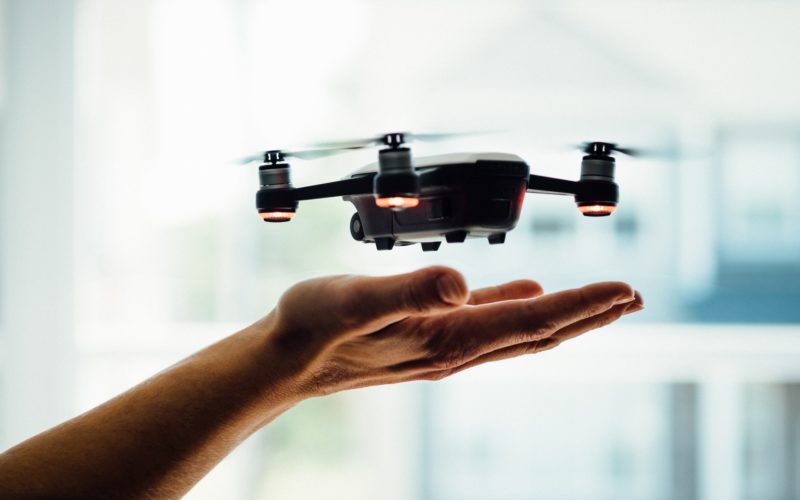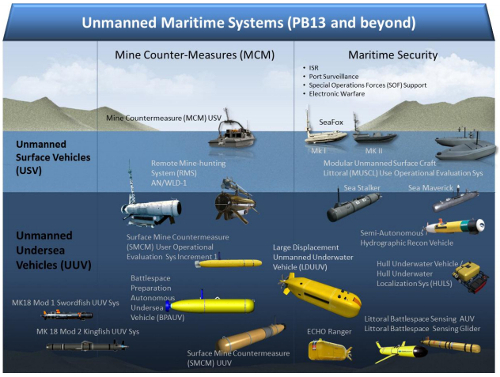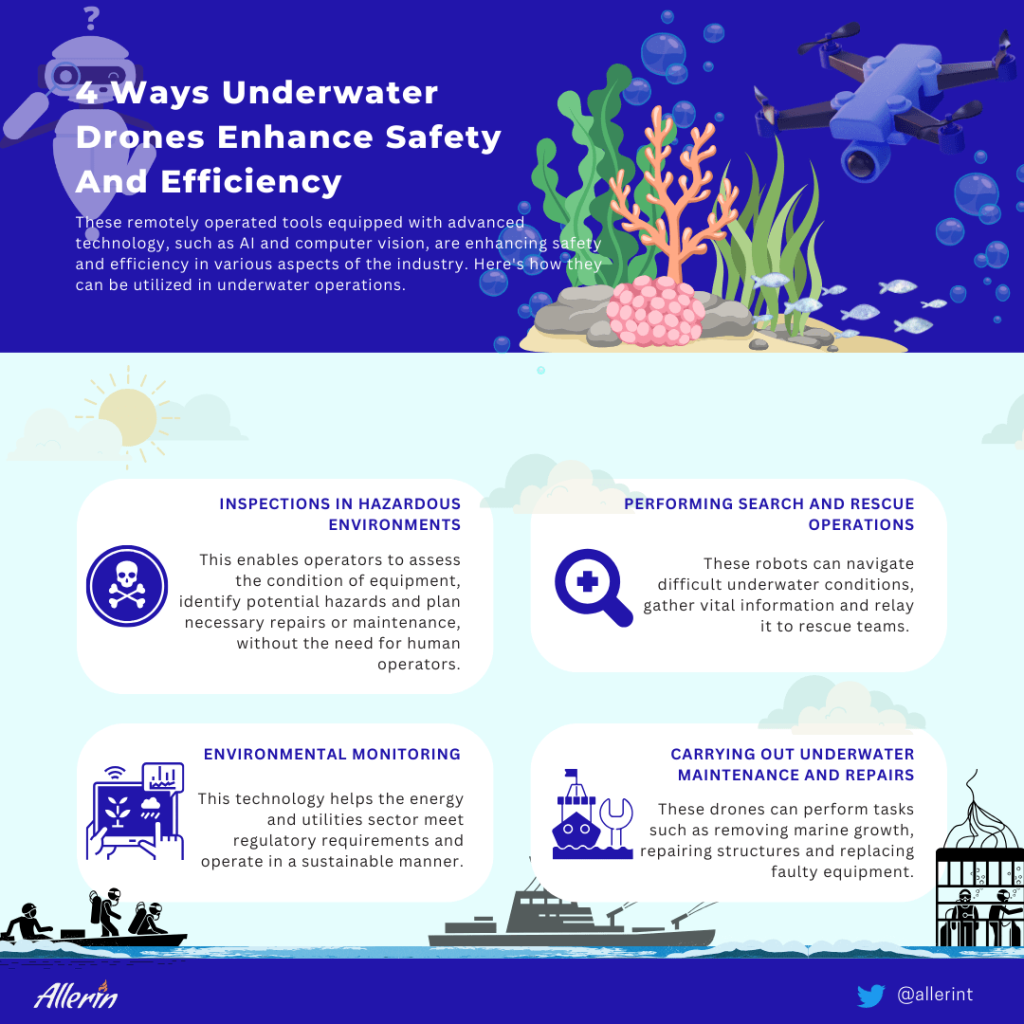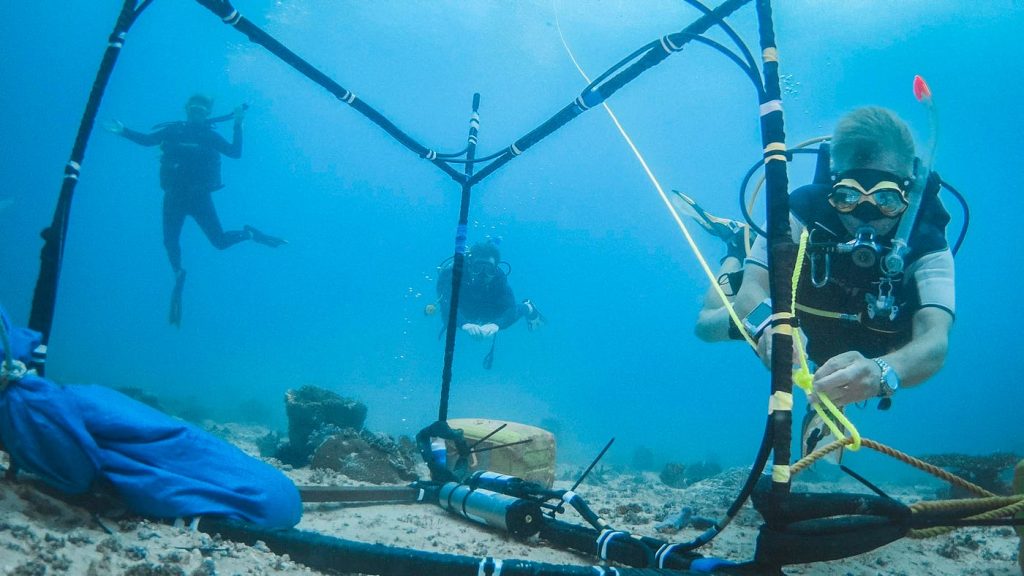Physical Address
304 North Cardinal St.
Dorchester Center, MA 02124
Physical Address
304 North Cardinal St.
Dorchester Center, MA 02124


This post may contain affiliate links. As an Amazon Associate, we may earn commissions from qualifying purchases.
Have you ever paused to think about the ethical implications surrounding the use of underwater drones? As technology advances, these autonomous or remote-controlled vehicles continue to push the boundaries, unlocking the hidden depths of our oceans and waterways. But with great power comes great responsibility, and it’s important to consider the ethical dimensions of this burgeoning technology.
Understanding these ethical considerations can help ensure that the use of underwater drones is not only innovative but also respectful and sustainable. From environmental impacts to privacy concerns, exploring these issues will bring you closer to understanding why thoughtful consideration is essential when employing such technology.
Underwater drones, often called Remotely Operated Vehicles (ROVs) or Autonomous Underwater Vehicles (AUVs), are used in a variety of applications spanning scientific research, military operations, commercial exploration, and even recreational activities. They can be equipped with cameras, sonar, and various sensors to collect data or images from beneath the water’s surface.
Underwater drones come in two main types:
ROVs: Typically tethered to a control source, often a vessel, and operated by a person. These are commonly used in industries that require precision, such as oil and gas exploration.
AUVs: Operate independently, following pre-programmed paths while collecting data. These are commonly employed in research settings for mapping the ocean floor or studying aquatic life.
The distinction between ROVs and AUVs is significant because each type comes with its own set of ethical considerations, which will be discussed further ahead.
Underwater drones have the potential to disrupt marine ecosystems significantly. The noise and lights from drones can disturb sea creatures, leading to stress or interference with natural behaviors such as mating and feeding. Additionally, physical interaction with delicate marine environments, such as coral reefs, can cause irreversible damage.
Battery-powered drones can contribute to pollution if not properly managed. There is always a risk of losing drones due to operational failures, which can turn them into underwater debris. This potential for pollution highlights the need for strict guidelines and safety measures to avert adding to the already significant problem of underwater waste.

Different countries have varying regulations regarding the use of underwater drones. This regulatory environment impacts ethical use because operators must comply with the local laws, which are often primarily focused on safety and security rather than broader ethical implications.
Just as aerial drones can invade privacy, underwater drones can be used to survey private properties such as boats, private docks, or coastal homes. This raises concerns about surveillance without consent. As the use of underwater drones increases, there is a pressing need for clear policies that address these privacy concerns.
The military utilizes underwater drones for surveillance, reconnaissance, and mine countermeasures. While such uses can undoubtedly save human lives and increase operational efficiency, they also raise ethical questions. Issues around potential escalation of conflict due to enhanced surveillance capabilities are critical, as is the risk of reducing accountability when operations are carried out by unmanned vehicles.
The possibility of underwater drones being used for illicit activities cannot be overlooked. This necessitates stringent oversight and international cooperation to prevent such technology from falling into the wrong hands or being used for unauthorized purposes.

The role of underwater drones in scientific research is invaluable. They enable the exploration of hard-to-reach areas, collecting data that can aid in understanding climate change, marine life, and underwater geology. This data collection can contribute to important scientific breakthroughs.
While human subjects in research often require informed consent, marine life does not have this privilege. Ethical considerations arise around whether it’s right to disturb or study marine habitats without clear consent, especially when such studies can lead to stress or behavioral changes in marine organisms.
The commercial sector utilizes underwater drones for purposes such as oil and gas exploration, underwater construction, and aquaculture. While these applications promote technological advancement and economic growth, they also pose ethical dilemmas regarding environmental sustainability and corporate responsibility.
With the growing popularity of recreational underwater drones among enthusiasts, education around their responsible use is critical. Users need to be aware of not disrupting marine life or local communities. Recreational activities offer a unique view of underwater environments but must be balanced with the responsibility of preserving these natural resources.

Being well-informed about the capabilities and implications of these drones is crucial. Operators and companies alike should demonstrate transparency in how and why these vehicles are used, always considering the broader impact on society and the environment.
Educating the public about the ethical use of underwater drones is vital. Encouraging responsible practices and understanding the environmental, legal, and privacy-related consequences will help integrate these technologies more harmoniously into society.
Ethical use of underwater drones demands global cooperation and unified standards. This international framework should address issues such as environmental protection, safety regulations, privacy rights, and the mitigation of potential conflicts.
Countries and organizations can work together to innovate and evolve practices and technologies that consider ethical implications. Shared research and cooperative projects across borders can lead to a more comprehensive understanding and responsible use of underwater drones.

Looking ahead, as the use of underwater drones grows, it’s essential to focus on ethical considerations as a guiding principle. Innovations must keep pace with ethical reflections to mitigate negative impacts and maximize positive outcomes.
Emphasizing ethics in the development and deployment of underwater drones means prioritizing sustainability, respect for privacy, and international cooperation. Aligning technological advances with ethical considerations will ensure that underwater drones remain a force for good in uncovering the mysteries of our world’s waters.
This growing field presents opportunities but also challenges that require thoughtful consideration and cooperative effort. Only through ongoing dialogue and commitment to ethical practices can we hope to harness this technology for the betterment of science, society, and our environment.